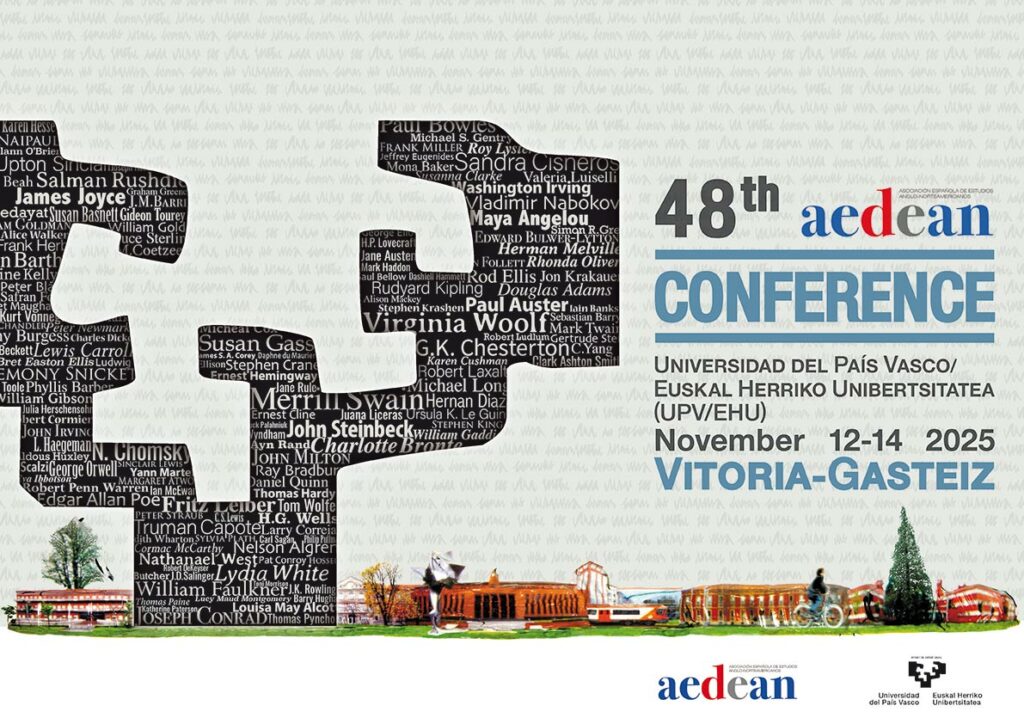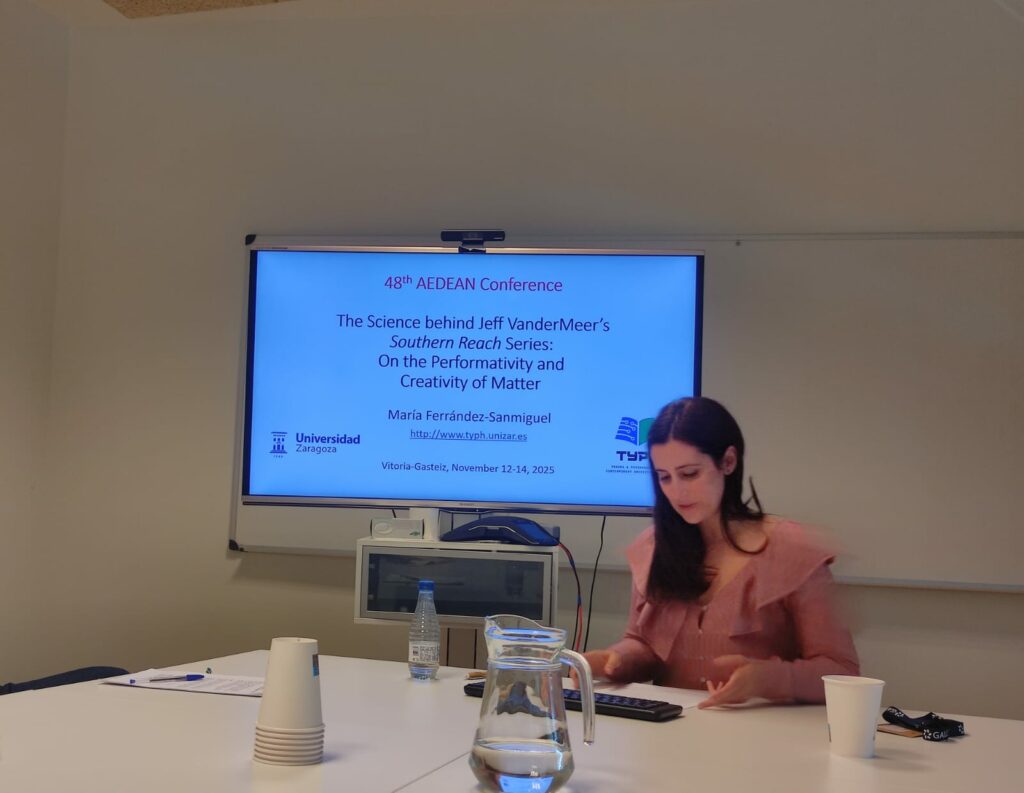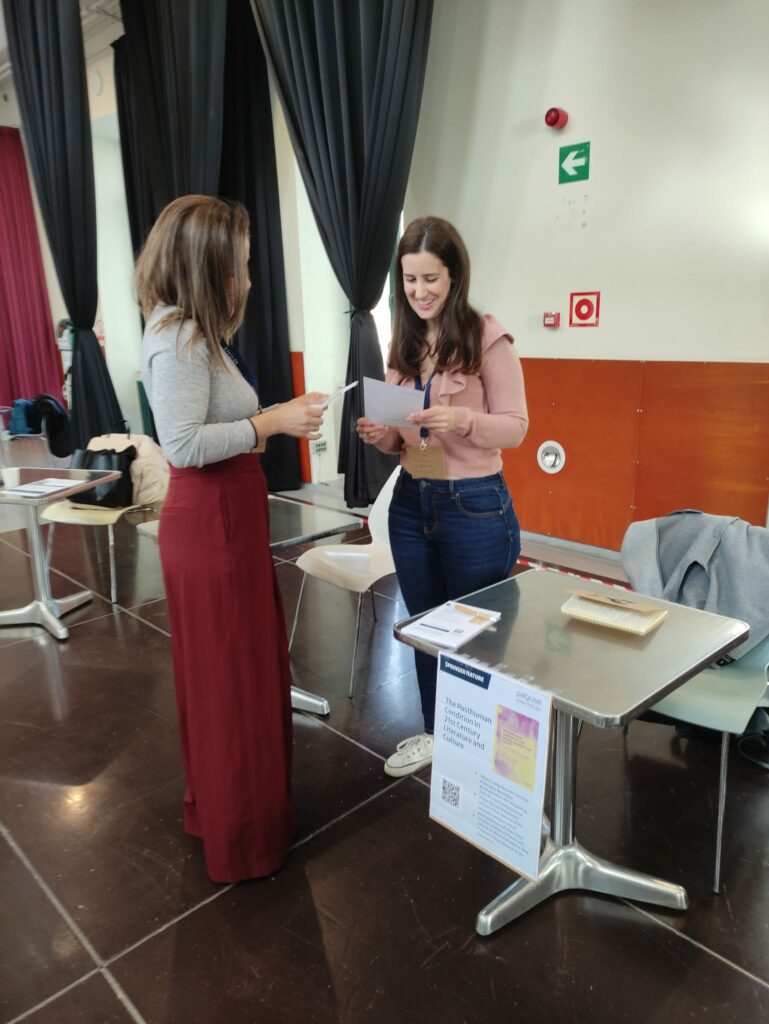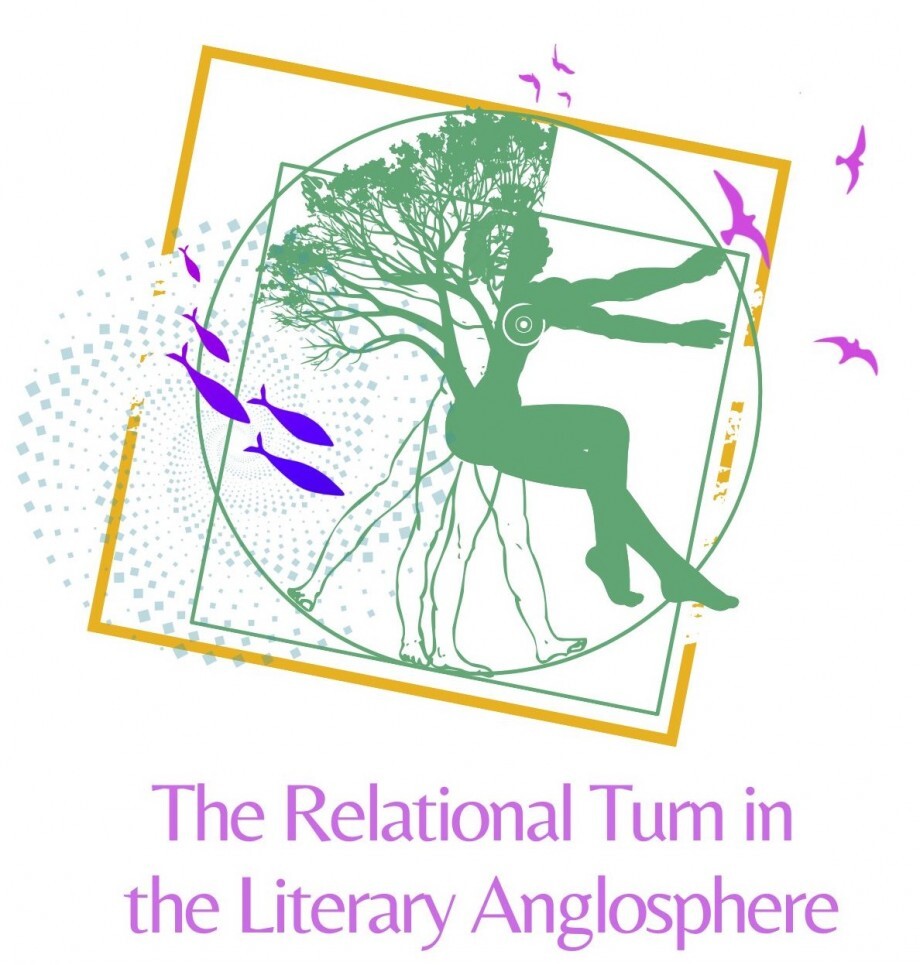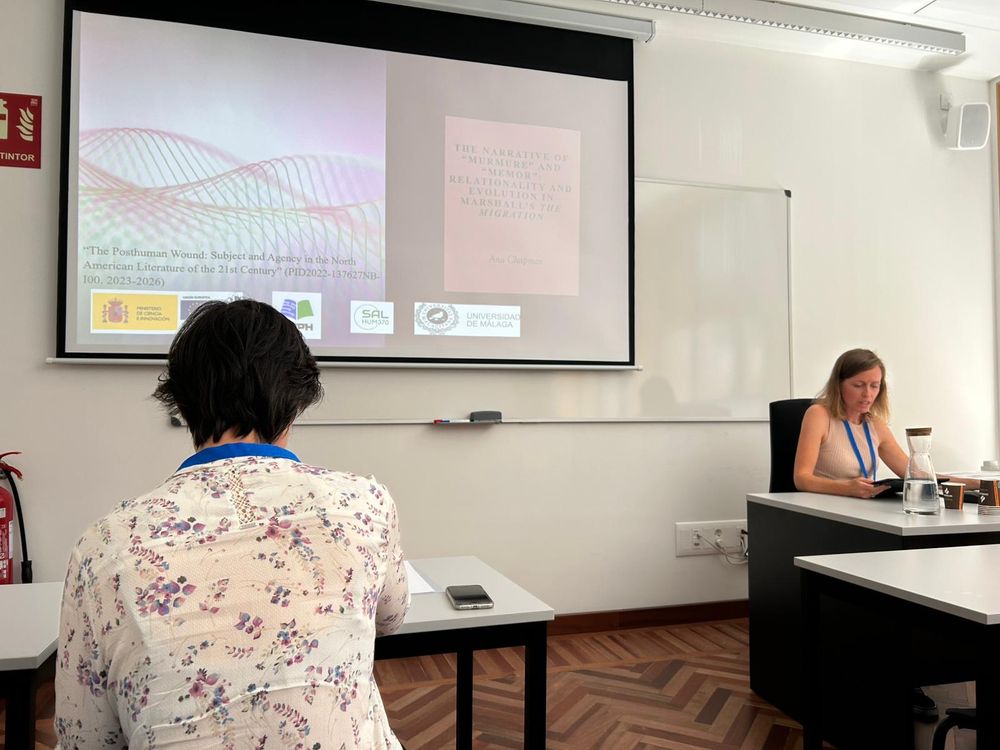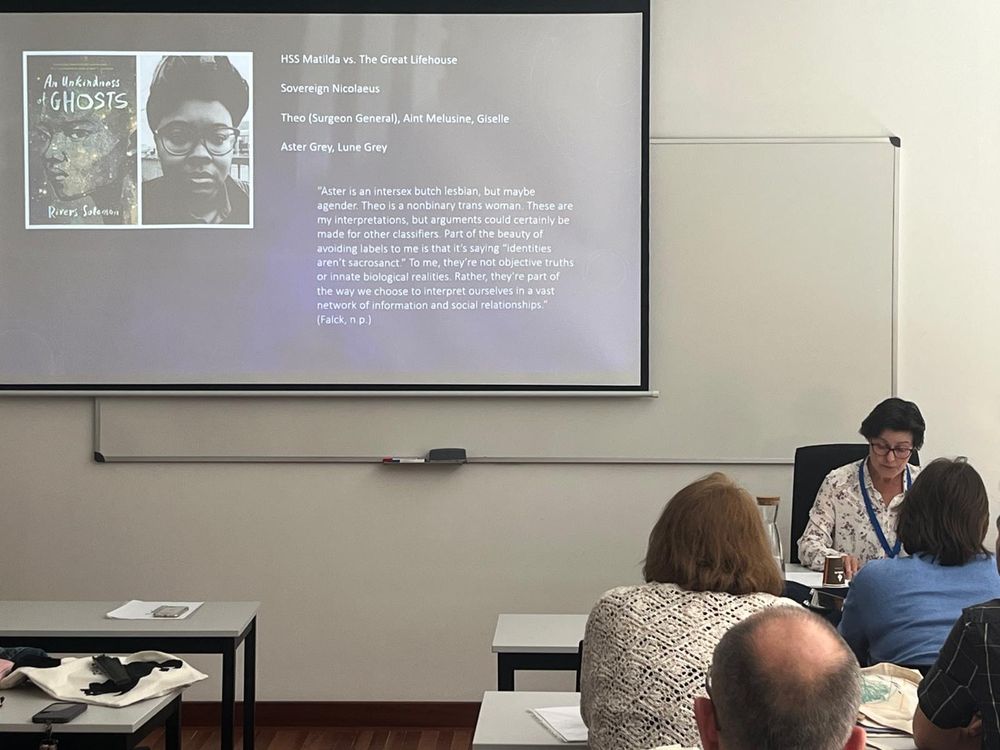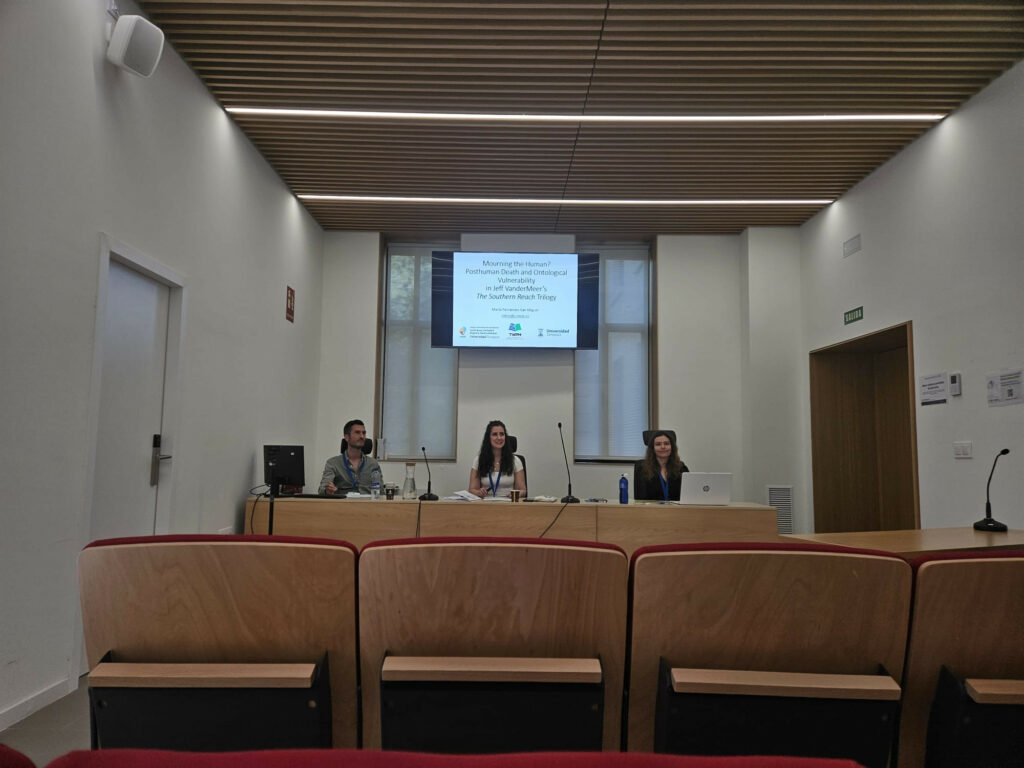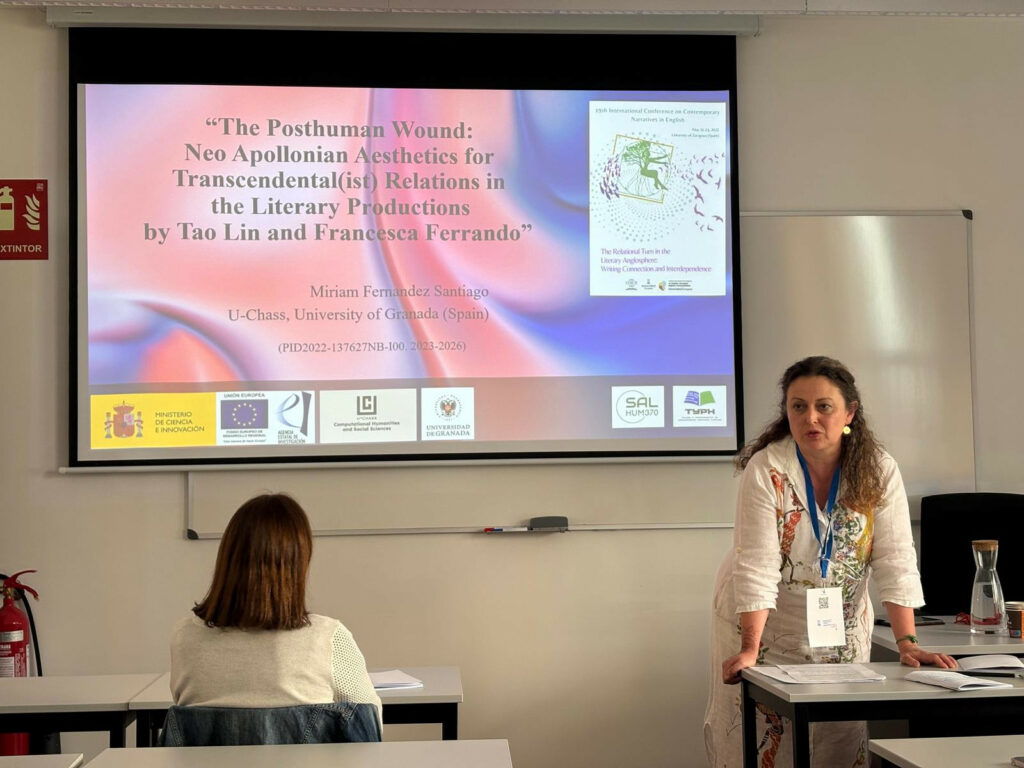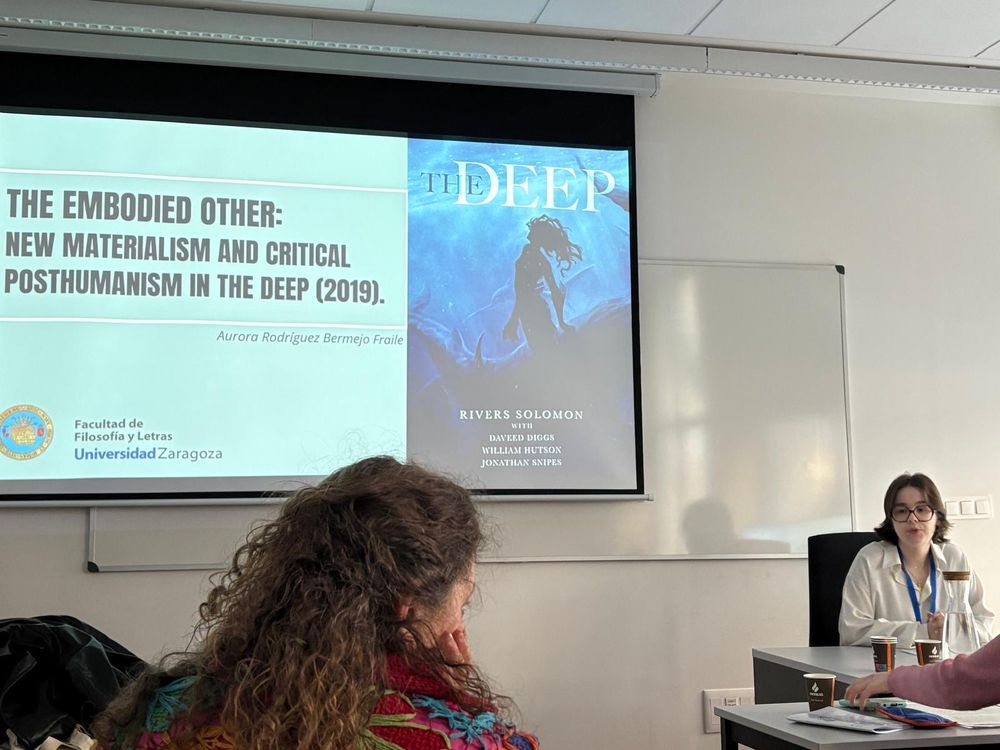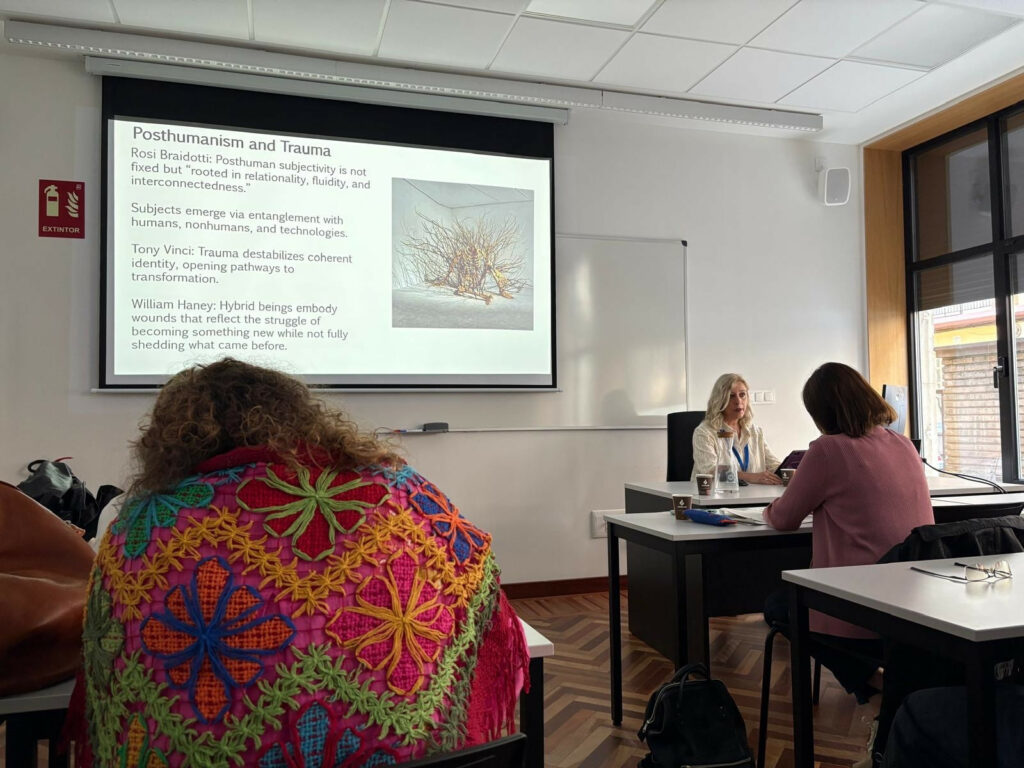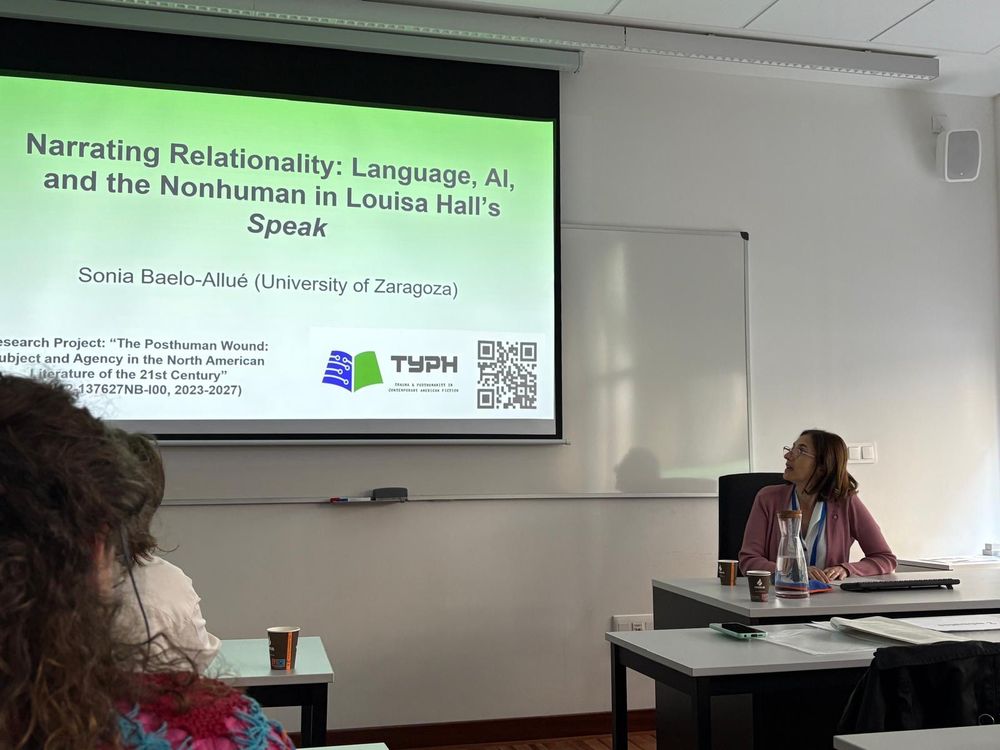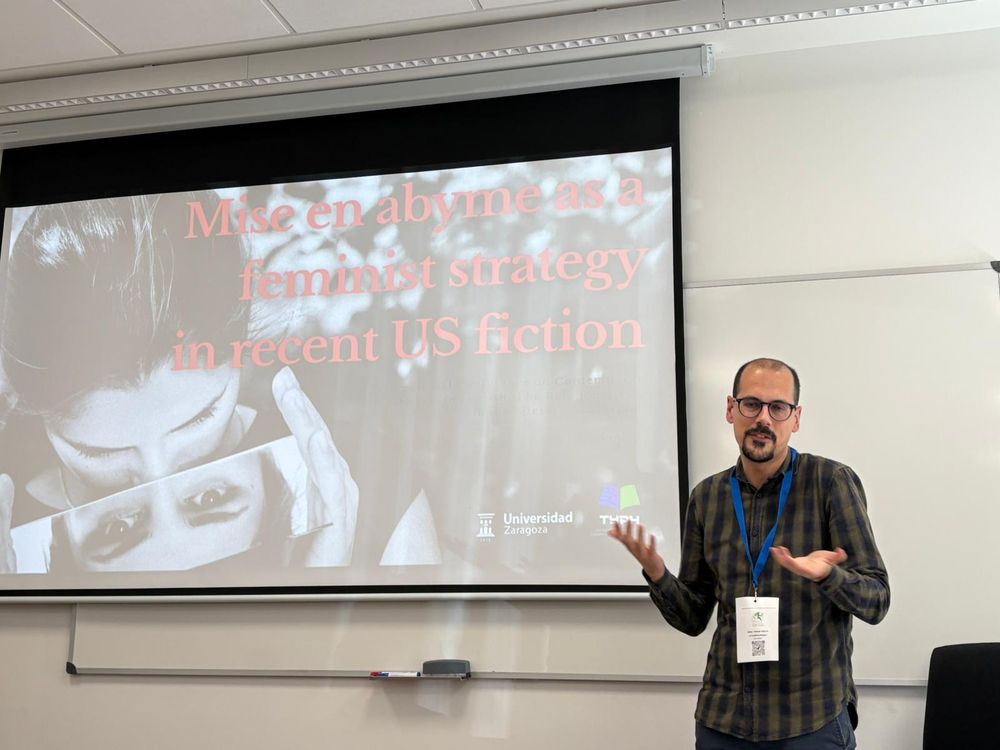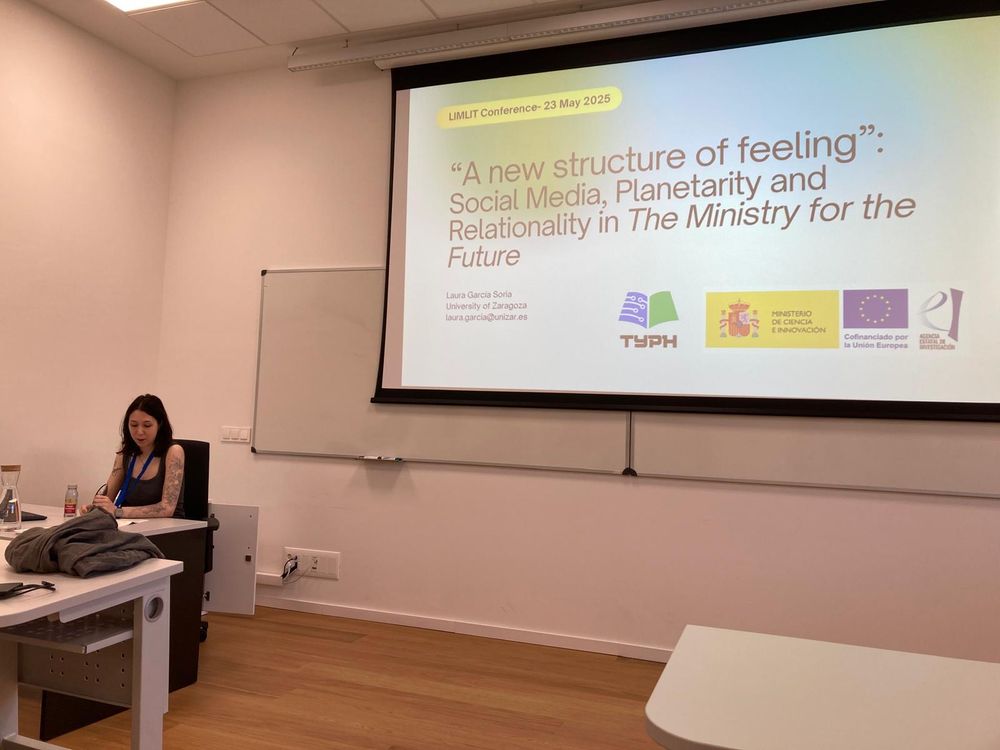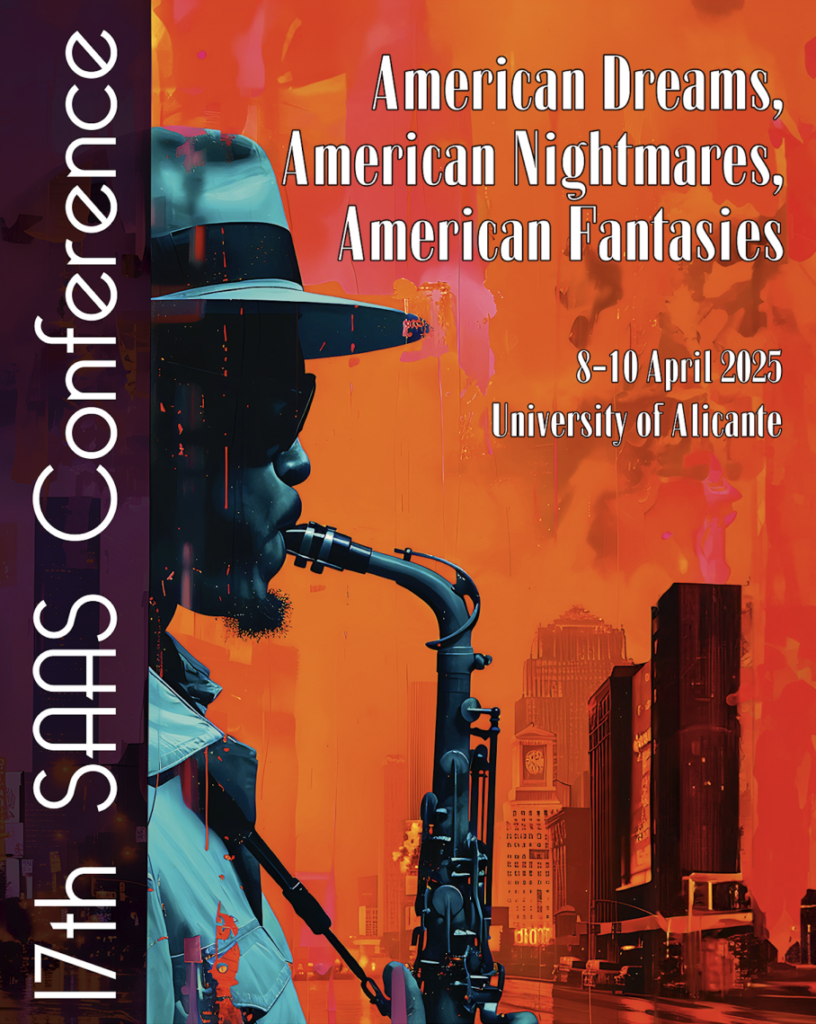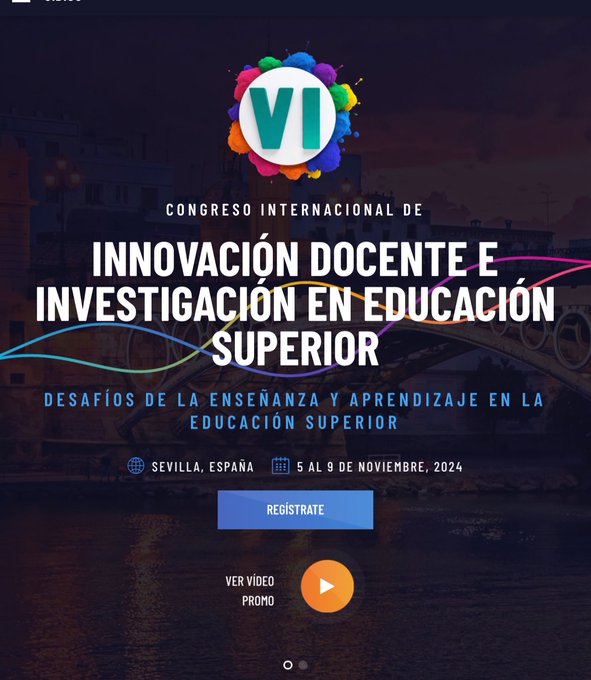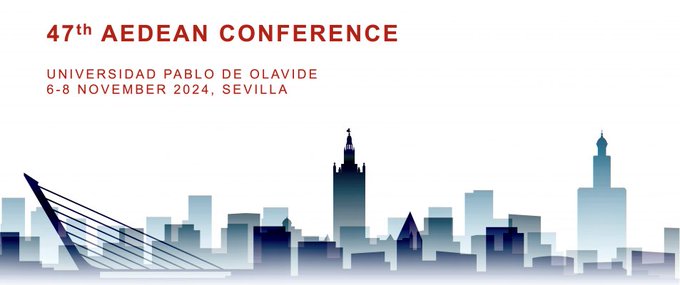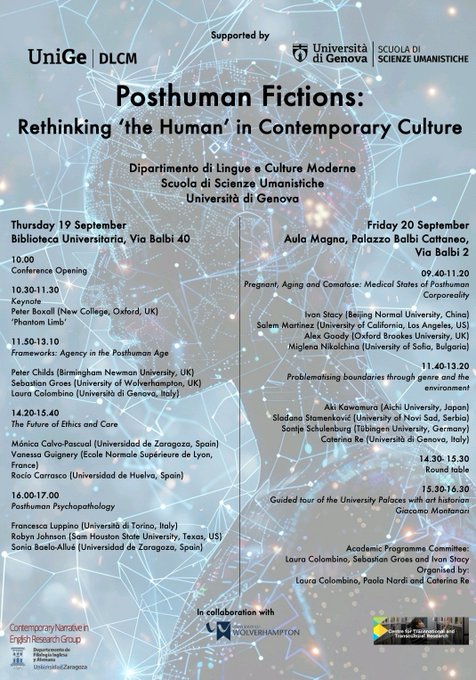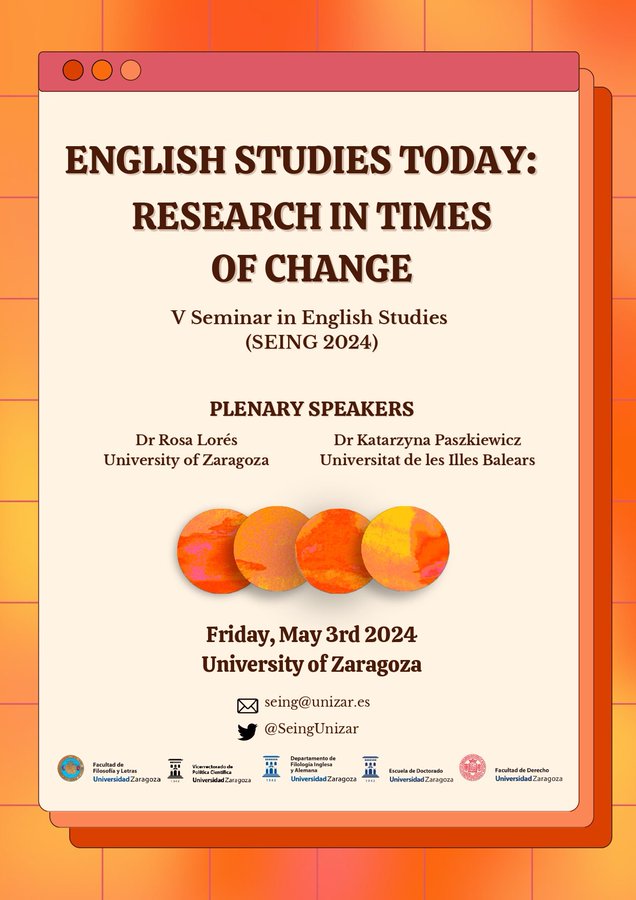El grupo de investigación se complace en anunciar la participación de nuestro investigador Rubén Peinado Abarrio (UNIZAR) en el II Congreso Internacional de Investigación del Patrimonio (CONIVIP 2025), celebrado en la Universidad San Jorge (Zaragoza) los días 27 y 28 de noviembre. Este congreso reúne a especialistas de diversas disciplinas para explorar el patrimonio cultural, artístico, literario y audiovisual desde enfoques contemporáneos, con especial atención a los retos que plantea la era digital y las nuevas formas de memoria colectiva.
La programación de CONIVIP 2025 destaca por su carácter multidisciplinar, incluyendo sesiones dedicadas al patrimonio fotográfico y audiovisual, historia del arte y arquitectura, criminología cultural, museos e industrias culturales, así como al patrimonio lingüístico y literario.
Dentro de esta última sección —Patrimonio Lingüístico y Literario— Rubén Peinado presentará hoy, de 17:00 a 17:10, la comunicación titulada: “La recuperación del patrimonio en la literatura de trauma: el caso de Sarajevo”.
La ponencia forma parte de un panel que aborda distintas líneas de investigación sobre el patrimonio literario, la transmisión cultural a través de la literatura infantil, el papel de las lenguas en la enseñanza y la proyección del legado literario en contextos educativos e históricos. Su contribución dialoga con estas perspectivas al situar la literatura de trauma como una herramienta clave en los procesos de reconstrucción cultural y memoria colectiva.
CONIVIP 2025 ofrece un espacio excepcional para la reflexión crítica en torno al patrimonio y sus desafíos contemporáneos. La diversidad de las comunicaciones, junto con la participación de investigadoras e investigadores procedentes de numerosas universidades, convierte este encuentro en una plataforma ideal para compartir proyectos y abrir nuevas líneas de colaboración.

